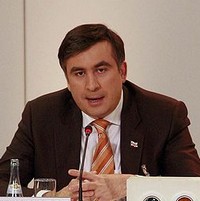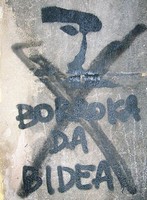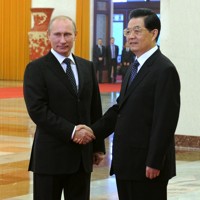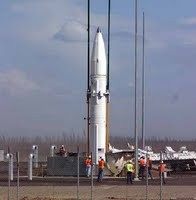
Despite parallel histories and a concerted push on both sides to forge lasting ties over the past decade, it is apparent today that Georgia and Israel face very different geopolitical concerns and increasingly conflicting national interests. Indeed, their partnership, which once seemed so natural, now looks permanently derailed. After Georgia’s 2003 Rose Revolution propelled a new generation of Western-educated modernizers to power in Tbilisi, the country sought to leverage its 130,000-strong diaspora in Israel for investments and partnership. Georgian officials praised Israel as a model and frequently drew comparisons between Israel’s difficult journey to statehood and Georgia’s ongoing conflicts with […]






